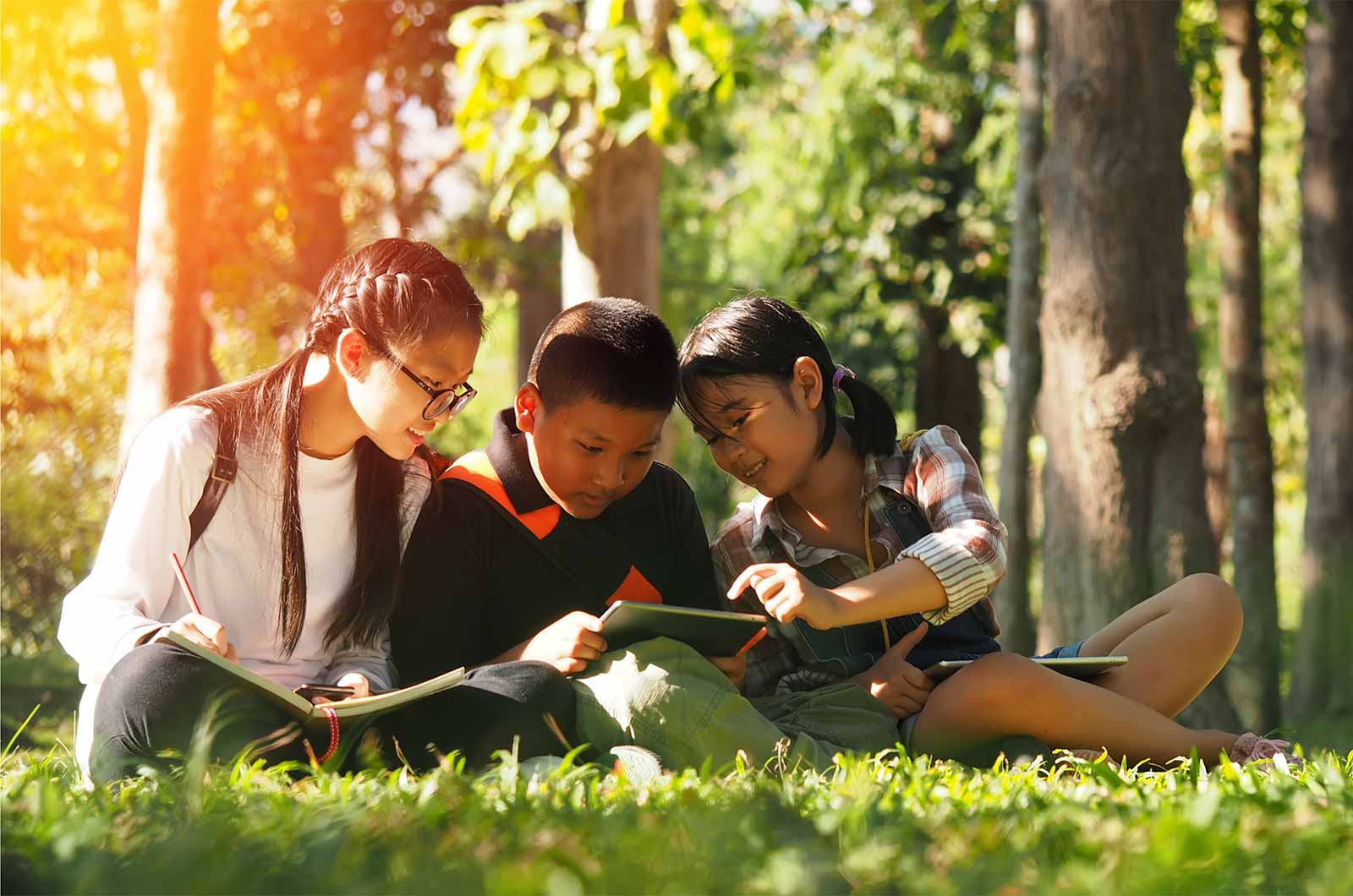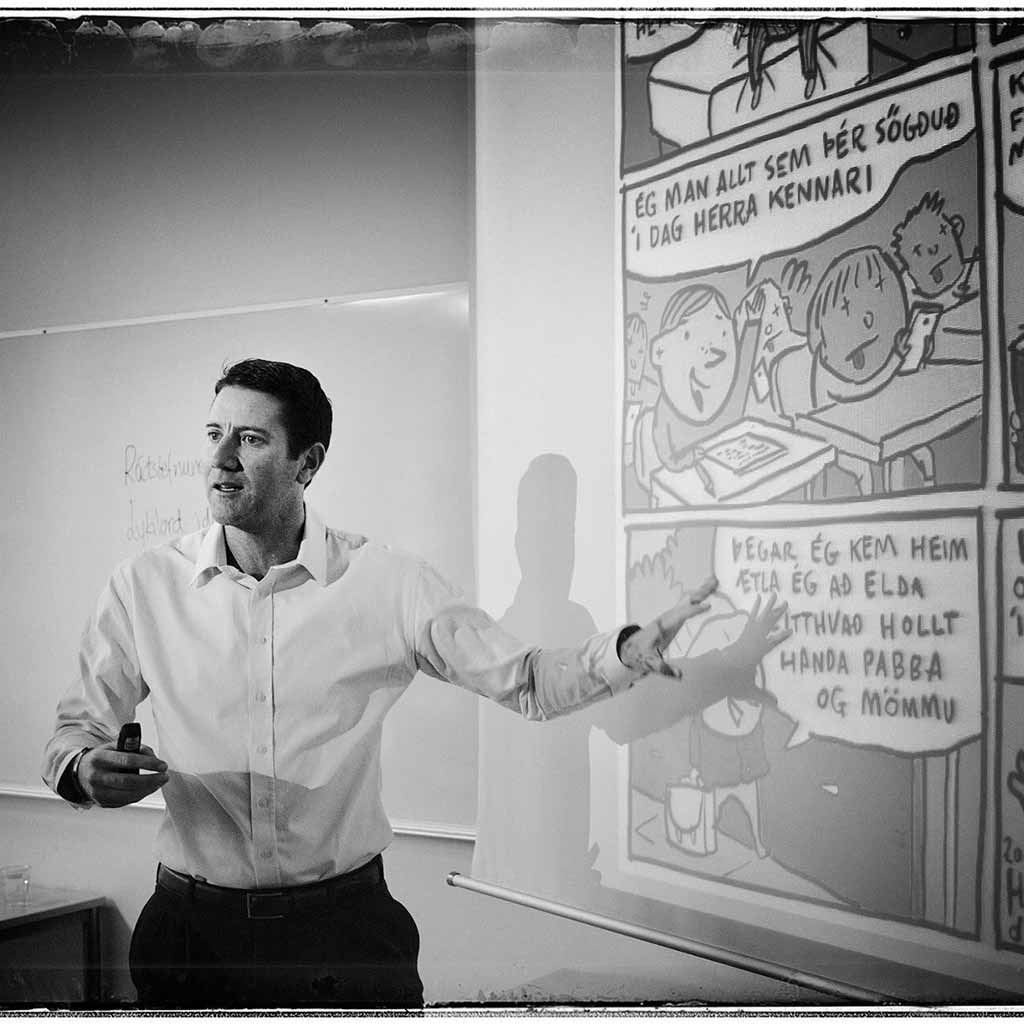 ESSAYS
ESSAYS

Education represents one of the best long-term investments governments can make — so long as it is fit-for-purpose. What might this purpose be in a rapidly changing 21st century environment? From both a policy and parental perspective, the following skills appear necessary (and perhaps sufficient) for success as adults in the modern world: numeracy, literacy and socioemotional abilities. Numeracy because so much of our day-to-day activities will be underpinned by mathematical and algorithmic tools, often unseen, but sufficiently ubiquitous to require a basic understanding of STEM-derived knowledge. Literacy beyond the literal will include financial literacy, health literacy, digital literacy, among others. To not have mastery of multiple forms of literacy will see people quickly pushed to the margins of society. In contrast, the importance of teaching socioemotional skills has been recognised only relatively recently.
There are many reasons why socioemotional skills are now viewed as an essential in the 21st century. This is because developmental science has made significant progress in understanding the multiple factors associated with both good and not-so-good life outcomes. For example, toxic stress in the form of socioeconomic deprivation, child maltreatment and social isolation can exert long-term pernicious effects on areas as diverse as educational achievement and eventual employability through to physical and emotional health.
It is a truism that people differ. That they differ in terms of height, for example, is obvious and non-controversial. People differ in many other ways too, for example, in terms of intelligence and in terms of their socioemotional skills. The science tells us that these differences likely reflect differences in both nature (our genetic endowment) and nurture (the life experiences or exposures people have). Recent research goes beyond simple nature-nurture interplay emphasising individual differences in sensitivity to the environment as a key factor. In other words, some people are more sensitive to environmental input than others and they can be expected to respond badly to harsh environments and particularly well to propitious environments. These data make the case for thinking seriously about the potential for more personalised education/learning, somewhat akin to personalised medical care.
One candidate for universal consideration in the educational setting is self-control (a.k.a. self-regulation). This forms the bedrock upon which socioemotional skills develop. In simple terms, it refers to the ability to control strong emotions (either good or bad) in the service of completing tasks or achieving a particular goal. Research has shown that individual differences in this trait (I prefer “skill-set”) as young as age 3 can predict life outcomes many decades later. Moreover, these outcomes are consequential and include: prosocial behaviour, physical and emotional health, socioeconomic status, good money management, reduced problem gambling and an optimal parenting style characterised by warm, sensitive and stimulating interactions.
Perhaps even more interesting was the observation that there appears to be a graded relation between childhood self-control and adult outcomes such that there is no point in the population-wide distribution of childhood self-control that higher scores don’t predict better outcomes in adulthood. This suggests that all children can benefit from programmes that systematically seek to strengthen self-control skills across childhood, no matter what their starting point.
But can self-control skills be taught at scale? Yes, is the short answer. Whilst we all start out life with a different predisposition toward displaying self-control, this remains a skill nonetheless, and just like any other skill, it can be taught and enhanced. Much like learning to play the violin or to kick a soccer ball, the more we practise, the better we get.
There are now many interventionists turning their attention to how best to teach self-control. The intervention science is still in its early days but several key themes have already emerged: (i) self-control skills can be taught with small to medium effect sizes the norm; (ii) that these skills often fail to generalise beyond the settings in which they are taught; and (iii) the skills tend to atrophy over time (the maintenance challenge that is common to many forms of intervention). This has inspired a new generation of research that seeks to leverage the positive qualities inherent in play such that standard games are distilled for their self-control enhancing features and taught to children in preschool education settings.
Suffice to say that time-limited intervention at only one point during development (e.g., preschool) is unlikely to net significant long-term benefits. This implies that the educational system requires a coherent, continuous, age-appropriate emphasis in the curriculum on self-control skills that can naturally expand to include other socioemotional skills in the secondary school years. This is a big task, but one that Singapore’s National Institute of Education has proven it is capable of undertaking.
Professor Richie Poulton, CNZM FRSNZ





